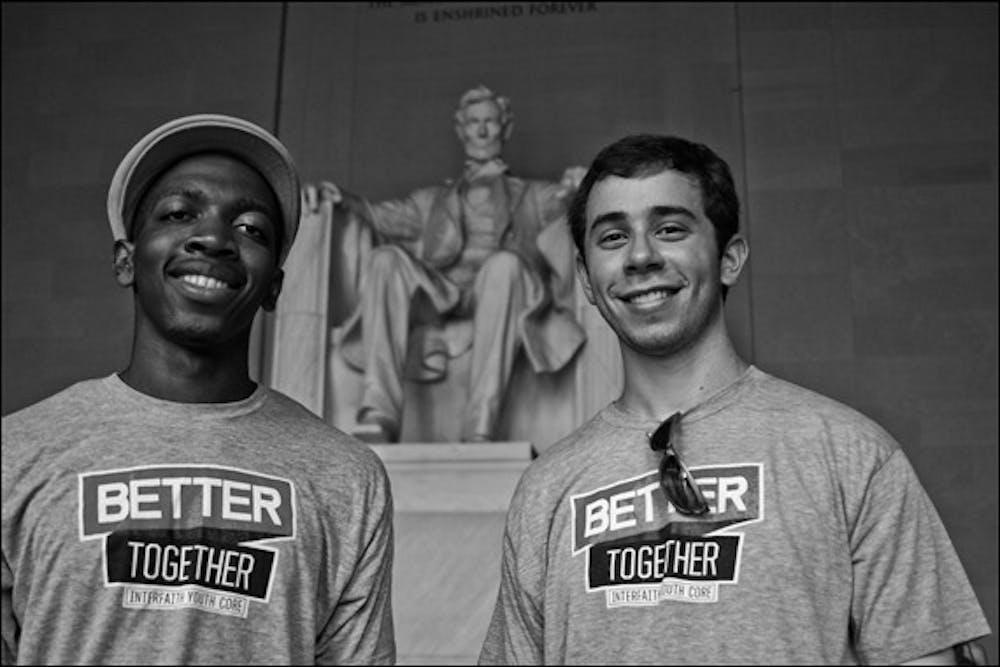Diversity is used a lot at Elon University in its mission statement, in recent emails from the administration and as a descriptor for the freshman class.
One of Elon's organizations, Better Together, is looking to do more than comment on diversity and is designed to promote interfaith cooperation and understanding.
The organization was started last year by alumnus Zac Jordan, Class of 2011. The organization hopes to break down barriers and get rid of prejudice, said Anthony Hatcher, the organizaton's adviser and professor of communications.
"The whole point is that we are better together when we work together," Hatcher said. "You can see it even in the recent events on campus. Since the incidents of racial name-calling we had a conversation in my office. Even though our mission is interfaith, we might want to join with the Multicultural Center at certain points."
One way the organization plans to promote interfaith discussions is through a panel in November. Three Elon faculty members, L.D. Russell, Shereen Elgamal and Thomas Arcaro, will discuss religious bias in the media, particularly in relation to the upcoming presidential elections.
"We are hoping every fall to have some sort of forum," said junior Jasmine Whaley, president of Better Together. "We also do community service that leads up to our big event in March."
Currently, the members of the organization do not have concrete plans on what event they will host in March, but they know it will focus on hunger and homelessness.
"We are going to start volunteering at food banks," Whaley said. "We are going to have two to three student organizations, religious and non-religious, that are oriented with social justice and understanding minority groups, come serve with us. After serving at the food bank we are going to have an optional discussion, what we are calling an interfaith breakdown."
The organization currently consists of 12 members and has weekly meetings to plan future events, dinners for interfaith discussions and training sessions on how to conduct interfaith dialogue. The trainings will ideally help students lead conversations in future incidents, Whaley said.
"If ever there were another incident like the racial name- calling, I hope that Better Together, rather than holding a righteous rally, would try to heal wounds and say, 'Look guys, we need to reach out and stop name-calling and stop spreading suspicions,'" Hatcher said. "I hope it serves as a conduit for those discussions and healing methods. As cheesy as it is, at the core, we are trying to change the world."


